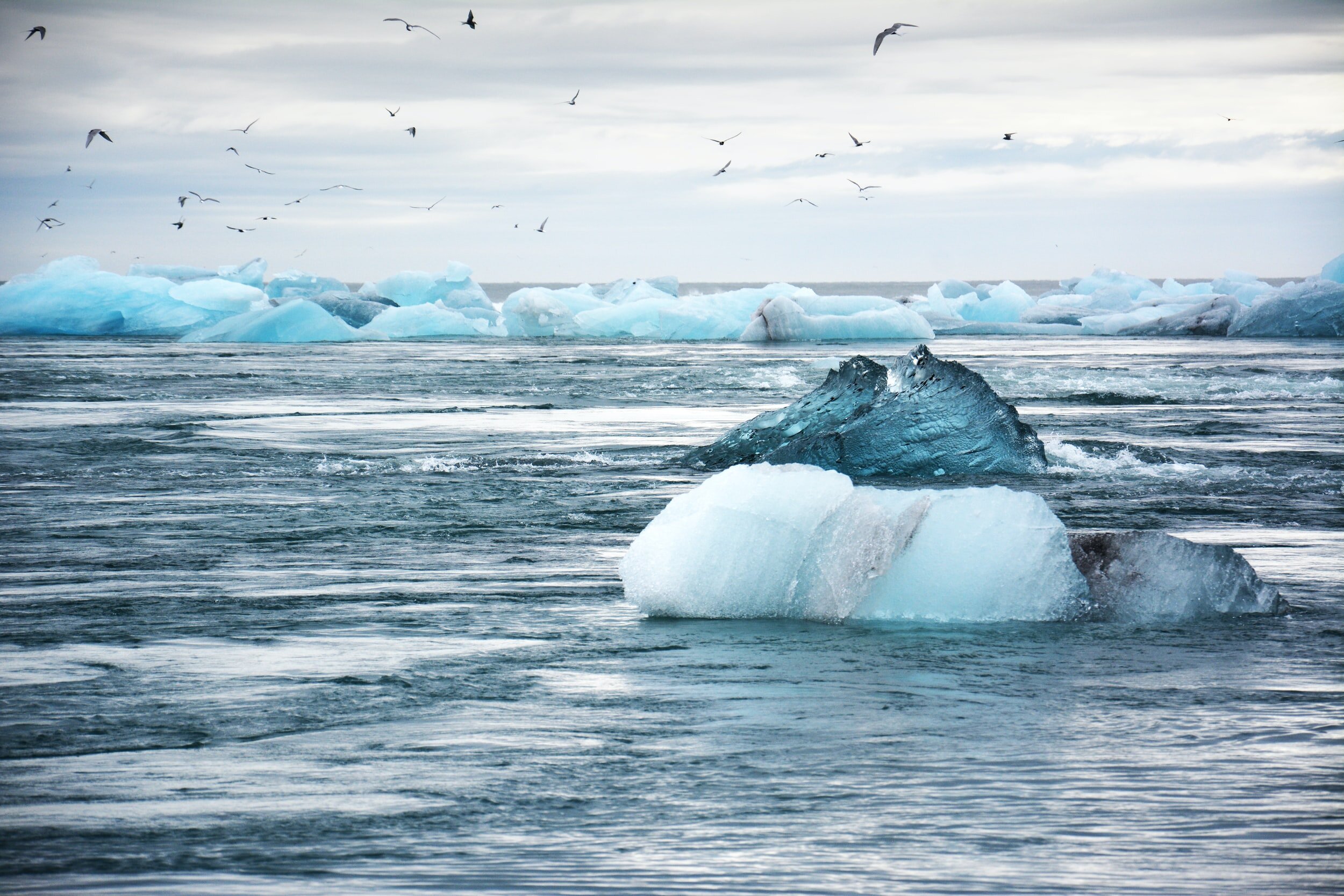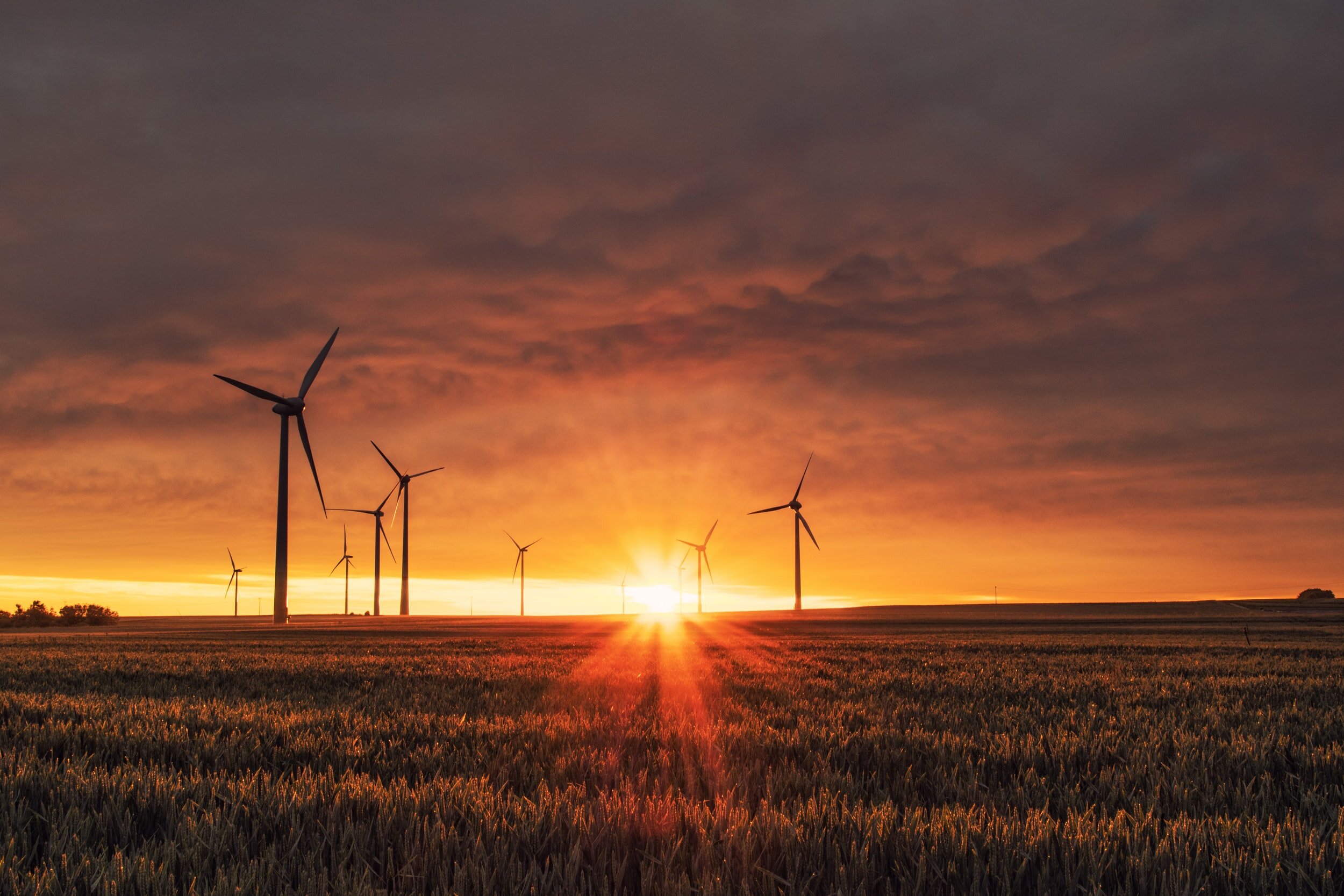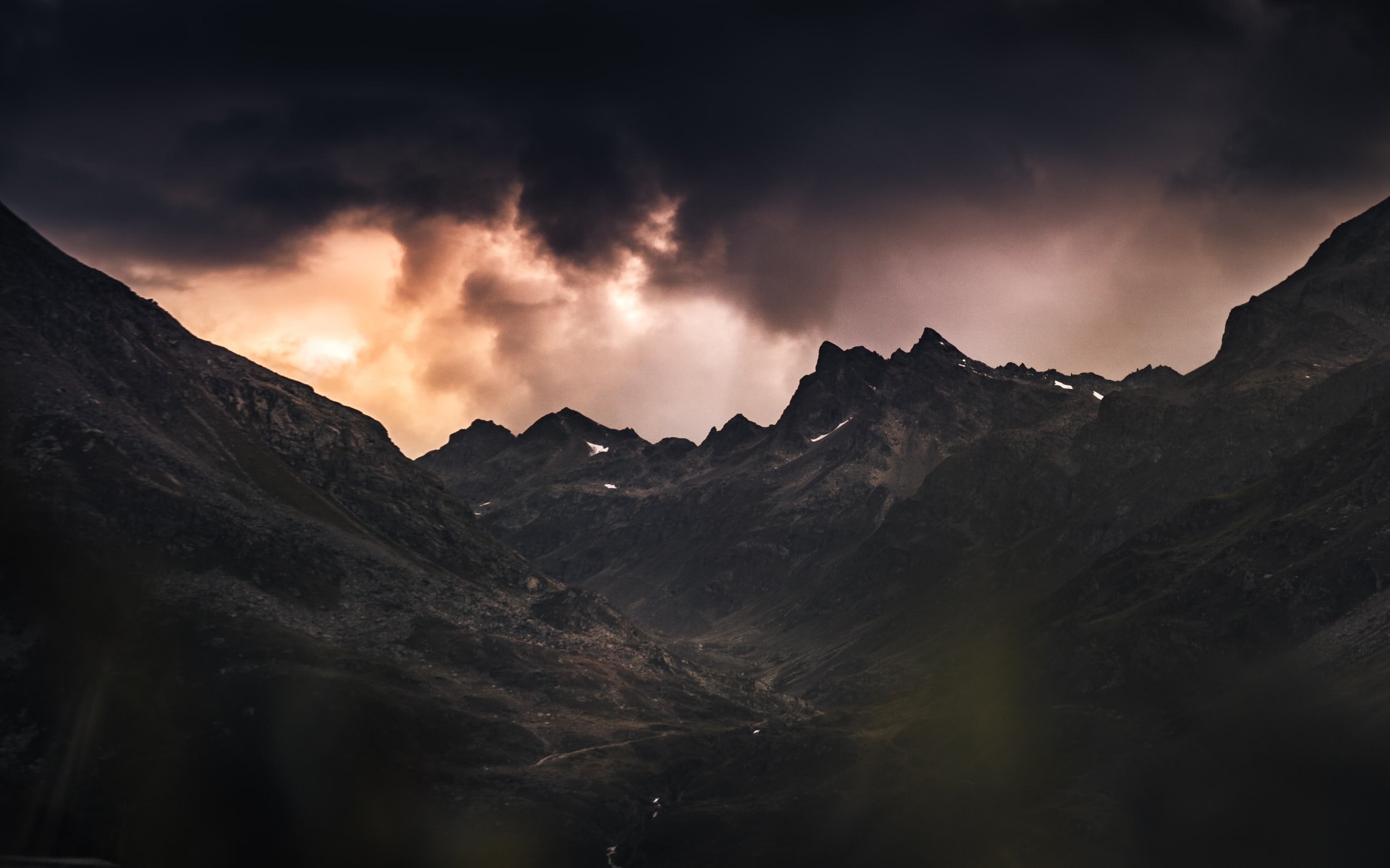What is Climate Optimism? An Interview with Anne Therese, Founder of The Climate Optimist
March 9, 2021

When you search “climate change” online, the articles you find will likely fall under one of two categories—Fear and Denial.
Fear might actually dominate the conversation. It’s hard to not be afraid when you read the shocking statistics about the rate at which our earth is changing.
Anne Therese founded The Climate Optimist not to double down on that familiar fear surrounding climate change, but to find a new way to inspire people to change their habits, and maybe save the world.
I’m so honored she took time to answer some questions I sent so that we can get to know this concept a little better!
What is Climate Optimism?
Sonni:
The name “The Climate Optimist” is just so genius to me! It seems to strike a beautiful middle ground between the two dominant themes that emerge when discussing climate change, which are Fear and Denial. Tell us more about how you landed on that name, and what exactly it means to be a climate optimist.
Anne:
“When you think about climate change and everything you’ve ever heard about climate change, it’s probably bad news. We hear about ice caps melting, sea levels rising, animals going extinct, and people dying from air pollution. The narrative we’ve been told about climate change is that it’s a disastrous event that needs to be avoided at all cost, with an emphasis on avoiding, meaning that we have the power to do something about it. Which we do, considering climate change is caused by and rapidly fueled by human activities, but it’s not that simple.
To make things easier I like to break up climate change into the two-part word it is – “climate” and “change”. Usually, there’s a lot of talk about climate. About how it’s changing, where, and why it’s important to understand. What we don’t put as much emphasis on is change and what that actually means for people. Because we humans don’t necessarily like change and we tend to get pretty stubborn and stuck in our old ways. The question that’s been driving me for years is “When do we change, and when don’t we? And more so – what seems to be the driving trigger for someone to go through change?”
What I’ve discovered is that there are two main types of change: fear-based change and positively incentivized change.
Fear-based change means trying to avoid an anti-goal. We change things about our lives because we’re afraid of something that might happen if we don’t. In times of war, natural disasters, or a global pandemic – things that could be title “a crisis” – this change works pretty well. Fear is a powerful trigger that can get people to drop everything and get to urgent and rapid action, and it’s ultimately driven by our need to stay alive and keep our loved ones safe. In times of urgency, nothing else matters, and we change.
My guess is that we’ve been trying to fuel climate action through exactly these triggers—by preaching the message that we’re in a crisis! However, when it comes to climate change, we lack the two essential factors needed for fear-based change to work: a threat that feels close on a personal level and clear directions of what to do to avoid it.
A few psychological blockers that are essential to know to understand climate change and human (in)action are that for most of us, climate change feels distant in time and space (it’s something that will happen in the future or that is affecting people in other countries), it feels like something the individual can’t solve (this is not up to me), and it comes with a lot of shame and cognitive dissonance that leads to denial and complacency. Since it doesn’t feel close and urgent (yet) and since we lack that one thing we can all do to act right now, the “fear” backfires and does more harm than good.
An analogy I like to make is that we’re like chickens in a coop with a fox approaching. Ask us to panic and we’ll panic. We’ll run around clucking, “Omg, omg, what do we do?!” But then when you realize you’re pretty stuck inside the fence and there’s no way of escaping, what’s next? Unable to channel that built-up energy into something productive, chances are you dig your head in the sand and hope you can stay there until it’s all over. You dig your head into the hole of denial.
And that’s where we are right now, all of us, and where we’ll stay until things get so real that fear-based action can truly kick in and by then, it’ll all be too late!
Luckily, there’s another way for humans to change and it’s the kind of change that comes from within. It’s when we work towards a goal instead of trying to avoid an anti-goal. I call it positively-incentivized change and I believe it’s what will enable us to actually figure out climate change and change the world.
I say “figure out” and not “fight” because, in order to step out of the world we know today and build something completely new, we need creativity and positive action. We need to think outside the box and create a world we’ve never seen before, yet beautiful beyond imagination. It’s not about sacrificing the lives we love and dear, it’s about building upon what we already have to make something even better. Climate change provides an incredible opportunity to come together and make something extraordinary and it is that kind of excitement we need to fill our hearts with every single day.
Positively-incentivized change comes through hard work, commitment, and excitement. It’s the kind of change that sustains over a long period of time because no matter how many road bumps you run into along the way, you’ll find a new spark and keep going. With climate change, we have a lot of years work ahead and if we are to sustain – ourselves and the movement – we have to find the right fuel to carry on.
That is why we need optimism over fear, excitement over shame, and inclusive conversation that invites everyone to play.
I used to be an angry activist because I thought that the only way to be serious about my work was to fuel myself with that anger every day. It took me a while to find the path to The Climate Optimist I am today but the difference in both my impact and my personal health is so profound, I now teach this message with passion.”

Sonni:
What have you noticed is one, or a few, of the biggest blocks to people making meaningful changes in their routines that add up to more sustainability? In other words, why aren’t we all doing more already? What’s our problem?! Haha.
Anne:
The answer is complex and simple at the same time and if you asked for the short-version answer, I’d say “because we’re humans.”
What I mean by that is that we’re driven by all these motivators—conscious and subconscious—that navigate our everyday lives. When it comes to sustainability, here are the top reasons why we’re not doing more:
-
Cognitive Dissonance.
We learn about climate change and the environment ant the first reaction is that we want to do all we can to change it. Then we look around and realize that more or less everything about our lifestyles is actually making matters worse, not better – so where do you start? In a pure state of overwhelm, you might begin to justify the things you’re doing and why, by finding reasons to why the way you act is okay.
-
We feel like by switching to a sustainable lifestyle, we have to “sacrifice” part of what we love.
The language around climate change and sustainability are usually in terms of “less” and “give up”. We need to travel less and buy fewer clothes, and we should “give up” meat and plastics. Although that’s true, the language around it triggers negative responses in our subconscious that make us take less action, not more. If we can instead frame it in a way that evokes positive emotions, chances are you’ll feel more motivated to make the necessary changes to be a thoughtful citizen.
Let’s spend more time at home with those we love, let’s cook more food together, and let’s support local farmers and small businesses working passionately to make our world a better place. Look around you and find ways that sustainability can bring more value to your life, instead of you having to “give up”, and the actions needed will be so much easier—even fun—to take!
-
The issue feels too distant in time and space and the sad part is that this couldn’t be further from the truth.
Climate change is already affecting all of us and it’s going to become increasingly evident as the years go by. The best way to get to climate action is to make it smaller and to bring the issue closer to home. Spend 30 minutes on Google and find out how climate change is affecting your local area. How’s the weather changing and is that affecting your local farmers? What nature do you still have around that needs protecting and what organizations in your local community are already doing great things that you can support?
By bringing it closer, the action gets easier to take and you’ll also feel like you’re part of something bigger – your life gains a whole new meaning.

Sonni:
Why do people need to be motivated to care more about sustainability, and is there one stat or fact you share when trying to convince people of its importance?
Anne:
According to The Paris Agreement, we need to cut emissions by 45-50% by 2030 if we are to stay on track to avoid an absolute climate disaster (worse than any disaster any of us have ever experienced). As of right now, we’re only 1% towards that goal and the decisions we make NOW are essential. It will take all of us to get this right. Not just governments, not just big companies, but all of us, and we have to start getting excited about inviting in the kind of change we need to a different world to evolve.

Sonni:
What, if anything, is currently happening in the world that makes you optimistic about reversing destructive climate change? Give us some silver lining!
Anne:
Honestly, so many things! Sadly we only hear about the negative news but there is positive news as well. People from all backgrounds are stepping out of the shadows and are finally being heard – people of color, indigenous people with indigenous wisdom, youth with passion, and old people with experience. Social media is fueling the movement we need to let all of us join forces, and that is exciting in itself! If we are to look at something concrete, look at solar! Enough solar power reaches our Earth every hour to supply the electricity the world needs for a full year. Globally, the cost of solar has fallen 99% over the last four decades and the technology is only getting better. There are other ways to live life that is not only different from what we’re used to today, but better – for our environment, job growth, and health – and it is that story we have to start telling ourselves.
Thank you so much, Anne, for taking time to help us get to know this fascinating concept. I personally believe it’s an approach like this that will motivate people most to change.
Check out Anne’s Instagram page here, and of course read up more on The Climate Optimist here.
Stay tuned for another post with Anne on Thursday where she’ll help direct us into small, everyday changes we can make to have a positive impact on the environment.
© 2022 WGT Designed by leche studio
PRIVACY & TERMS
CONNECT
NAVIGATE
Home
Blog
Work With Me
More From Us
Want to be the first to get the latest updates and news?
About
Podcast
Contact